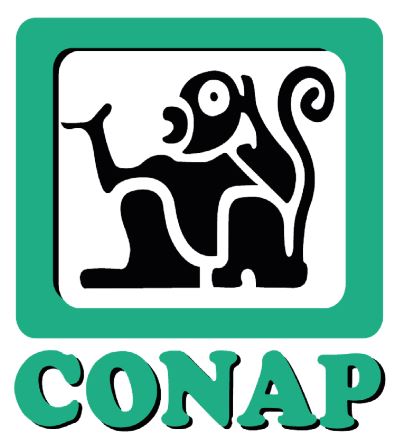mycomutant Curator
Joined: Jul 10, 2022 Last Active: Jul 26, 2024 iNaturalist United Kingdom
I am currently interested in studying the Leucocoprinus genus since these mushrooms appear to be very versatile in their habitats and seem to be becoming more common due to climate change and human activity. There's some potential applications for them I want to explore so I'm always looking to get samples to study.
I've become interested in studying the sclerotia in these species since they seem poorly documented or entirely unknown in many species.
In order to better learn about the genus I've created the Wikipedia pages for most of the described species so I've spent a lot of time just reading the taxonomy and descriptions on them and tracking down the original source material. I'll probably try to do the same for Leucoagaricus soon as that genus looks set to be combined with Leucocoprinus anyway. Wikipedia makes for a great place to collate material in references so it's more easily found for others in the future and iNaturalist is useful for trying to find observations of some of these obscure species based on the descriptions.
I've created some projects to help sort these observations:
- Potted plant mushrooms has proven useful for getting a better picture of which species are common in plant pots and observations here aren't limited to just Leucocoprinus so it has broader uses.
- Agaric Mushrooms on Property and Structures is likewise proving to be a useful tool for helping to reveal which species are most likely to grow from walls, floors, etc.
- Leucocoprinus sclerotia is just for comparing observations which appear to be sclerotia or collecting things that could reasonably be mistaken for them. The sclerotia of L. birnbaumii are commonly observed but still a trait that isn't well known by most people. I expect sclerotia are the reason why so many Leucocoprinus species are so proficient in spreading via potting soil and potted plants however so this is something I am interested in exploring. This trait is not unique to Leucocoprinus and I'm starting to document sclerotia in species in which they do not appear to have been previously described. Some are so small that they would go unnoticed without deliberate microscopy.
- Mushroom Microscopy has occupied many hours going through observations by search terms or combing through users' observations manually to collect any with microscopy images. The 45,000 (and counting) observations collected however have already proven very useful to me on a number of occasions so hopefully others will find some value in this collection also.
I might try and publish in something peer reviewed at some point but for now I'm just writing up my findings in iNaturalist journal entries as they make for a great way of including observations on the site:
- A review of the literature on sclerotia in Leucocoprinus species and other Agaricales
- A preliminary investigation of sclerotia in Leucocoprinus cretaceus
- Leucocoprinus cretaceus - An edible mushroom?






